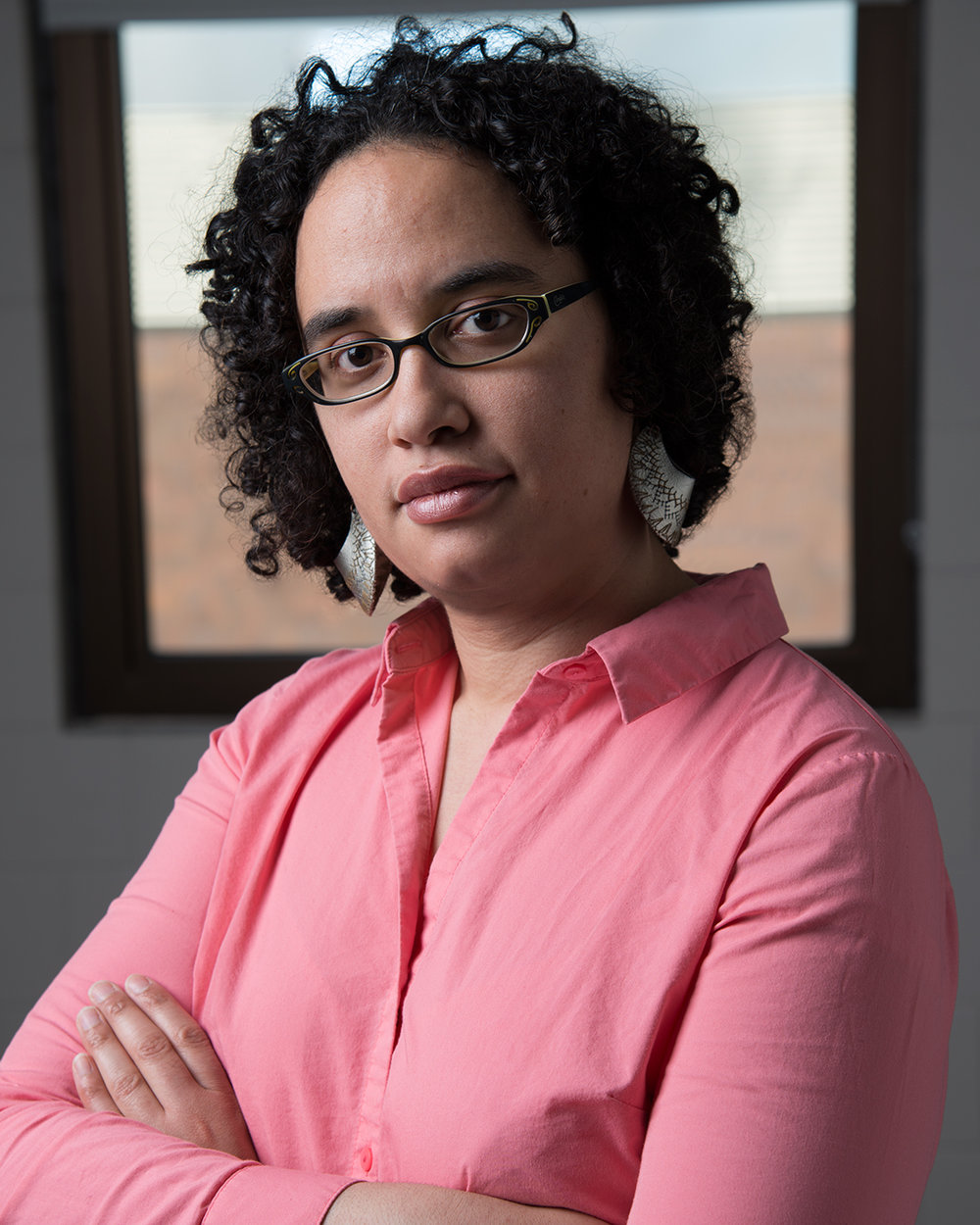Meet Teaching Artist Shannon Gibney


Shannon Gibney is a writer, educator, activist, and the author of See No Color (Carolrhoda Lab, 2015), a young adult novel that won the 2016 Minnesota Book Award in Young Peoples' Literature. Gibney is faculty in English at Minneapolis College, where she teaches writing. A Bush Artist and McKnight Writing Fellow, her critically-acclaimed novel, Dream Country, is about more than five generations of an African descended family, crisscrossing the Atlantic both voluntarily and involuntarily (Dutton, 2018). In October 2019, University of Minnesota Press released What God is Honored Here?: Writings by Indigenous Women and Women of Color on Miscarriage and Infant Loss, which she co-edited with writer Kao Kalia Yang.
To see Shannon's current line up of classes, visit her author bio page.
***
When did you start teaching? What path—career or otherwise—brought you here?
I've been working with young people to help them access their creative capacities and manifest their creative vision for more than 25 years. I was a camp counselor, then a teaching assistant in graduate school, then (and now) a faculty instructor.
How would you describe your teaching style?
Student-centered; energetic; individual-, pair-, small-, and large group–focused.
When it comes to imagining and creating classes, where do your ideas come from? What in particular inspires you?
I really get inspired by ideas for classes I myself would like to take—or could have taken in the past. I always want to highlight ideas, content, and experiences from the margins.
What's the ideal environment for your classroom? What atmosphere are you hoping to establish?
I want students to feel engaged with the course content and each other and feel safe enough to take risks. I also try to focus on having fun while exploring tools to deepen writing practice.
Regardless of what your class is specifically focusing on, what's the main goal you have for your students?
To develop their craft, connect to other writers both on and off the page, and learn something transformative.
What are goals you have for yourself? These could be teaching goals, writing goals, career goals, community goals, etc.
I want to continue to tell the truth through my writing and to help my students do the same.
What have been some of your own favorite educational experiences?
Arts Literacy, Pedagogy and Theatre of the Oppressed (PTO), writing classes throughout my education.
To you personally, what is the most important part of the literary arts?
To engage honestly and critically around what it means to be a human being here and now.
